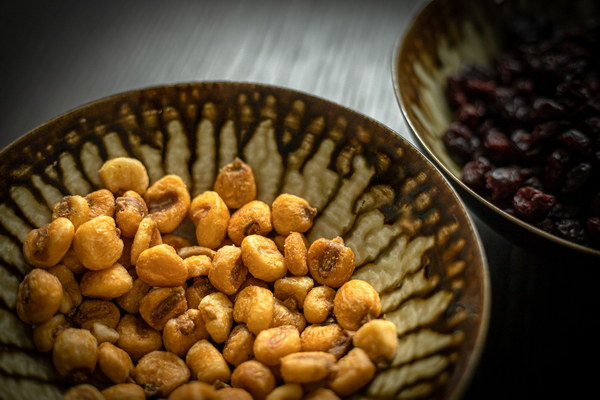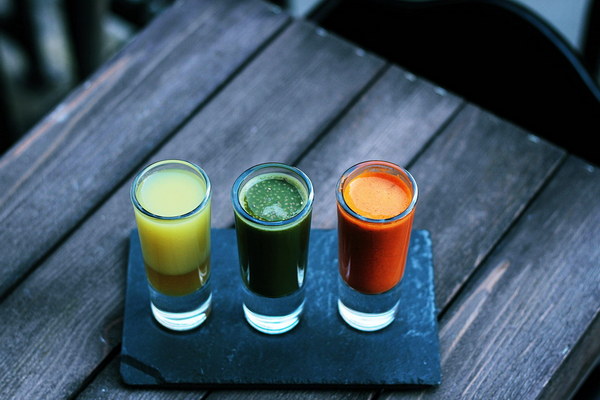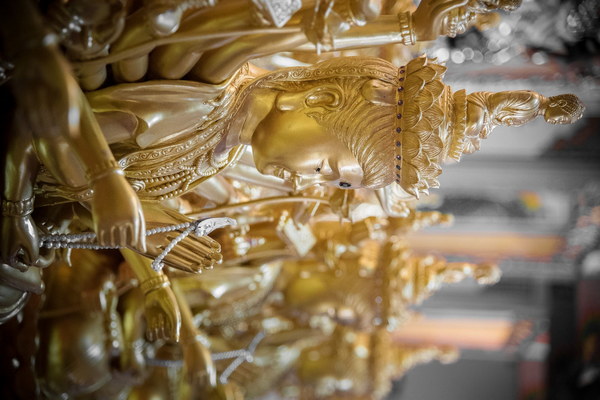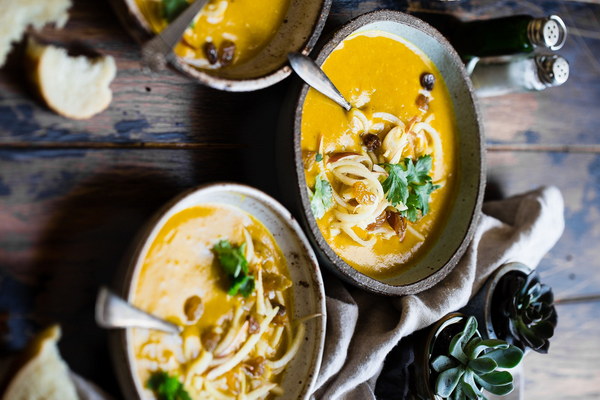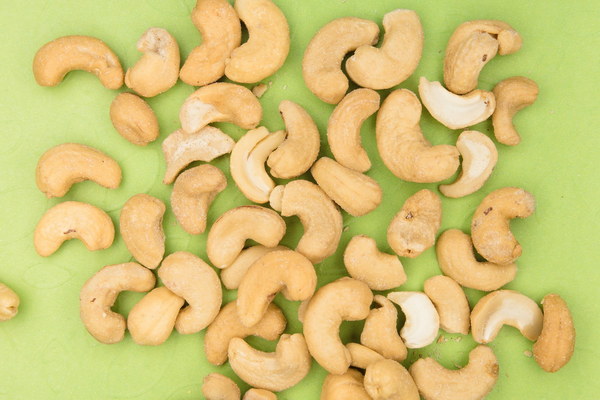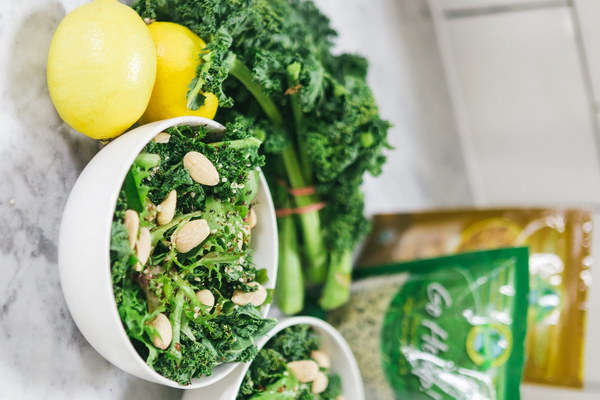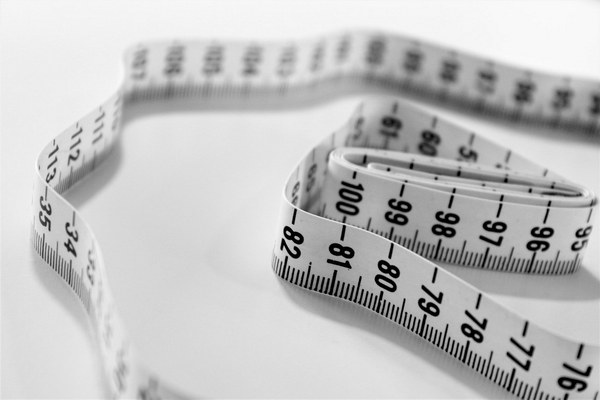Reviving Vitality Essential Tips for Postpartum Blood and Qi Nourishment
Postpartum recovery is a critical phase in a woman's life. After the physical and emotional demands of childbirth, it's essential to focus on nourishing the body's vital energy, or Qi, and blood. This article will delve into the significance of postpartum blood and Qi nourishment, offering practical tips to help new mothers rejuvenate and regain their strength.
Understanding Postpartum Blood and Qi Nourishment
The Chinese concept of Qi and blood is integral to traditional Chinese medicine (TCM). Qi is considered the vital life force that flows through the body, providing energy and maintaining health. Blood, on the other hand, is seen as the substance that nourishes the tissues and organs, ensuring proper growth and development.
During pregnancy, the body undergoes significant changes to support the developing fetus. Postpartum, these changes can leave a mother feeling depleted, with a weakened Qi and blood. Nourishing these vital elements is essential for a healthy recovery, as it helps to restore strength, enhance vitality, and prevent future health issues.
The Importance of Postpartum Blood and Qi Nourishment
1. Physical Recovery: Postpartum blood and Qi nourishment support the repair of tissues damaged during childbirth, including the uterus, perineum, and abdominal muscles.
2. Mental Health: A balanced Qi and blood are crucial for maintaining emotional well-being. Nourishing these elements can help alleviate postpartum depression and anxiety.
3. Energy Levels: Postpartum mothers often experience fatigue. By replenishing their Qi and blood, they can regain their energy, enabling them to care for their baby and themselves.
4. Long-Term Health: A focus on postpartum blood and Qi nourishment can reduce the risk of chronic conditions, such as anemia, uterine prolapse, and osteoporosis.
Practical Tips for Postpartum Blood and Qi Nourishment
Diet
1. Nutrient-Rich Foods: Incorporate foods rich in iron, vitamins, and minerals into your diet. Examples include red meat, fish, poultry, leafy greens, beans, and nuts.
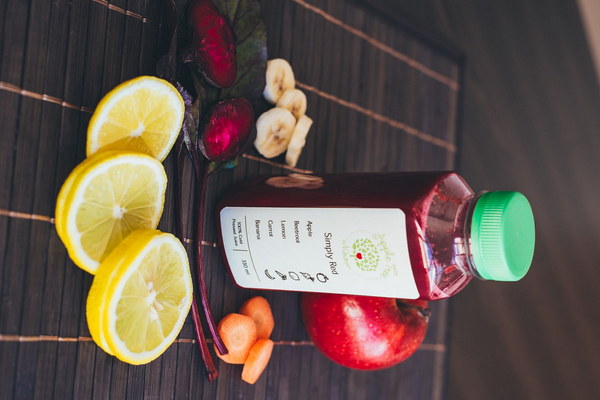
2. Herbal Remedies: Consider herbal teas or supplements, such as dang guan (Angelica sinensis) or gan cao (licorice root), which are known for their blood-nourishing properties.
3. Warmth: Consume warm, nourishing foods like soups, stews, and porridge to help boost your Qi and blood.
Exercise
1. Gentle Stretches: Perform gentle stretches and light exercises to promote circulation and strengthen the body. Consult with a healthcare professional for appropriate exercises during the postpartum period.
2. Breathing Techniques: Practice deep breathing exercises to enhance Qi flow and reduce stress.
Rest
1. Prioritize Sleep: Ensure you get adequate rest, as sleep is essential for replenishing your Qi and blood.
2. Take Breaks: Delegate tasks and take breaks when possible to avoid overexertion.
Acupuncture and Massage
1. Acupuncture: Consider acupuncture to promote blood flow, alleviate pain, and enhance overall well-being.
2. Massage: A gentle massage can help improve circulation and reduce stress, supporting the body's natural healing process.
Social Support
1. Family and Friends: Lean on your support network for emotional and practical assistance.
2. Community Resources: Utilize community resources, such as postpartum support groups or doulas, to help navigate the challenges of the postpartum period.
Conclusion
Postpartum blood and Qi nourishment are essential for a healthy recovery. By focusing on diet, exercise, rest, and seeking support, new mothers can rejuvenate their bodies and minds, setting the foundation for long-term health and well-being. Remember, taking care of yourself is crucial for the well-being of your baby, so don't hesitate to seek help and support when needed.

